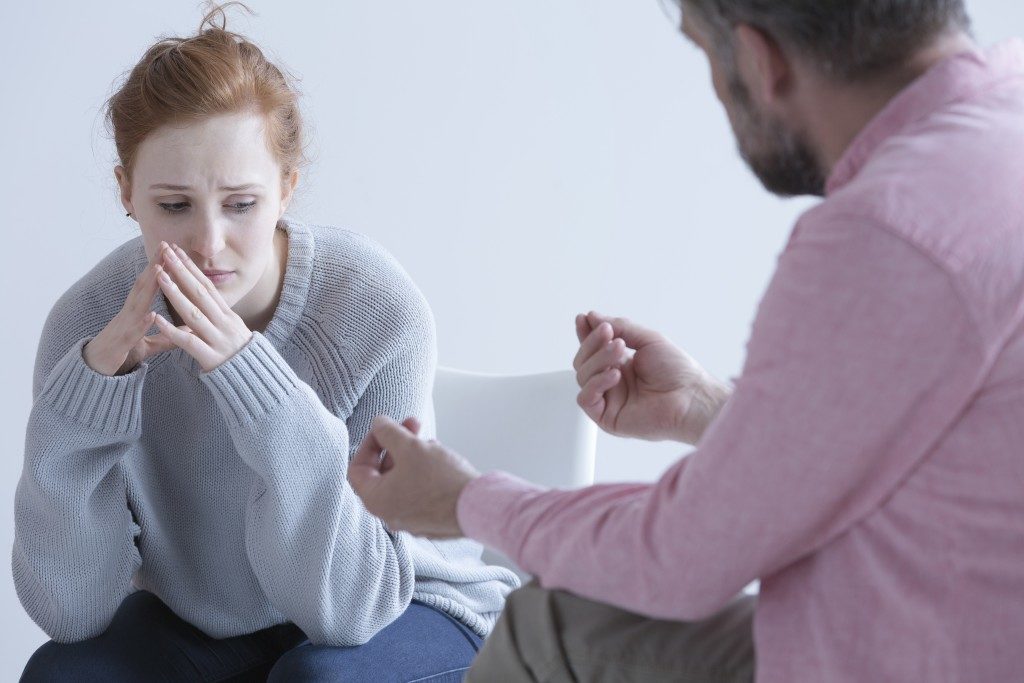Car accidents are the leading cause of death among healthy US citizens, with nearly 40,000 fatal car accidents occurring annually. Additionally, over two million drivers experience permanent injury every year.
Research shows that an average of 60% of people who have been in a car accident are diagnosed with PTSD or post-traumatic stress disorder. It is important to point, however, that not everyone who survives these accidents develops PTSD.
Some of the overwhelming feelings that are usually experienced after an accident, like shock and nervousness, go away over time. This, on the other hand, is called Acute Stress Disorder or ASD.
Symptoms of Post-Traumatic Stress Disorder
Almost always, people who go through an accident will not think twice about visiting a doctor or a car accident chiropractor in Layton, Utah and in other parts of the country immediately to help them assess and address any physical injuries.
Unfortunately, while PTSD symptoms may start within a month after a traumatic event, there are times when these symptoms do not come out until months or even years after the accident. Unlike physical damage, however, emotional injuries are often pushed aside by a lot of people.
But these symptoms are just as disabling as any physical injury. They can cause significant problems in relationships, in social and work situations and even in the ability to do typical everyday tasks. Symptoms of PTSD vary from person to person. They also vary in intensity over time.
- Struggle to sleep and concentrate.
- Nightmares without recognizable content.
- Self-destructive behavior, which could include driving too fast or drinking too much.
- Avoidance of people, places and activities that are reminders of the event, such as riding in vehicles.
- Emotionally numb and often detached from family and friends.
- Ongoing feelings of stress, uneasiness and irritability.
- Recurring memories of the trauma or flashbacks.
Also, the inability to remember important aspects of the event.
Coping Strategies for People with Post-Traumatic Stress Disorder
While it has not been well-established why only certain people develop PTSD, some studies show that symptoms can be linked to ongoing physical disability and lack of pain management. Also, people who have PTSD are found to be six times more likely to attempt suicide than someone without PTSD.
So instead of letting PTSD go untreated, it is critical for those affected to seek medical attention or treatment immediately. Learning different strategies for coping with the PTSD symptoms is also crucial for a victim to work toward a healthy recovery.
Physical and Emotional Coping Strategies
 Heightened feelings of fear and anxiety after an accident is common. Recognizing that these feelings are normal and manageable is one step in coping with PTSD. Finding time for meditation, prayer and other stress-controlling techniques can help calm the mind.
Heightened feelings of fear and anxiety after an accident is common. Recognizing that these feelings are normal and manageable is one step in coping with PTSD. Finding time for meditation, prayer and other stress-controlling techniques can help calm the mind.
Starting with one or two minutes of quiet mindfulness per day is an achievement for people with PTSD. The goal is to stay focused and to experience a sense of calm without any threat of fear. Just as it is important to reduce levels of stress and anxiety, taking part in activities or exercises, if injuries allow, is another critical way to cope with PTSD.
In one study of people with PTSD, a 12-week exercise program was found to cause a significant reduction in PTSD symptoms, including depression. Participants also showed better sleep quality after the program ended.
Social Coping Strategies
People who struggle with PTSD often suffer in isolation and might not even realize that they are struggling with the condition. It is essential for them to seek out safe people, like family, friends or a counselor, to go over the details of the accident.
Finding supportive connections and interacting with individuals who went through the same trauma and are in different stages of healthy recovery will also help them understand that they are not alone. These connections can be invaluable to their own healing journey.
The effects of PTSD are just as debilitating as any serious physical injury. A person suffering from PTSD may be suffering silently and may be feeling isolated from his family and friends. The good news is that there are various healthy strategies for coping with PTSD, offering hope and control to those who are affected.
